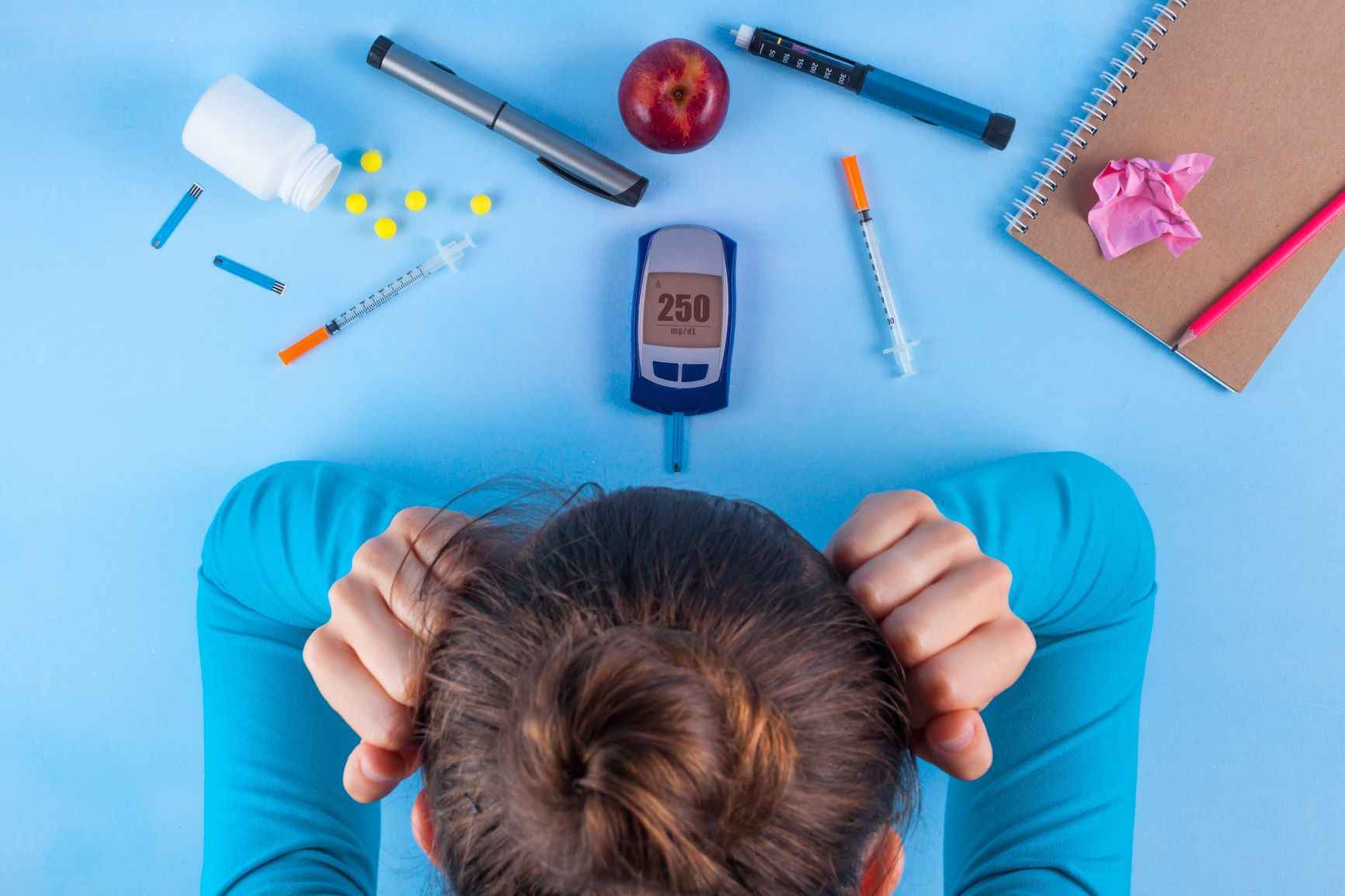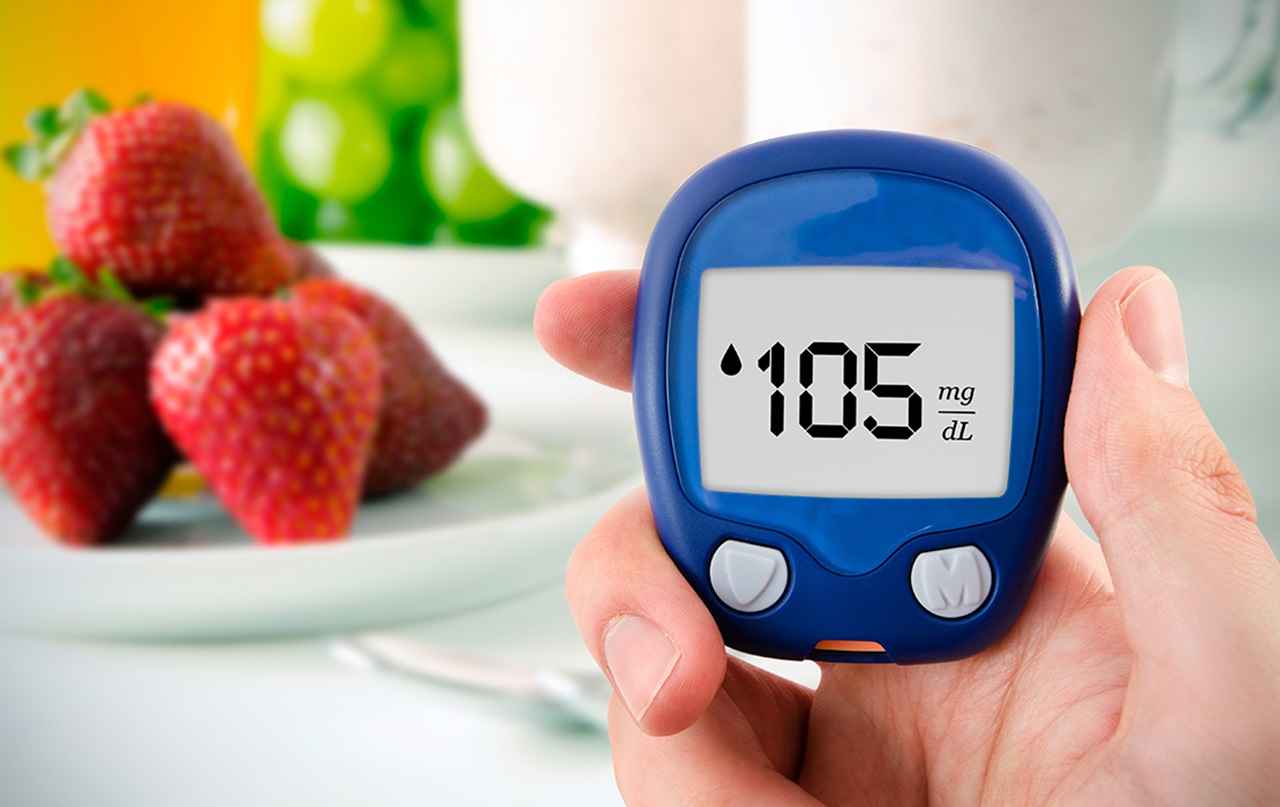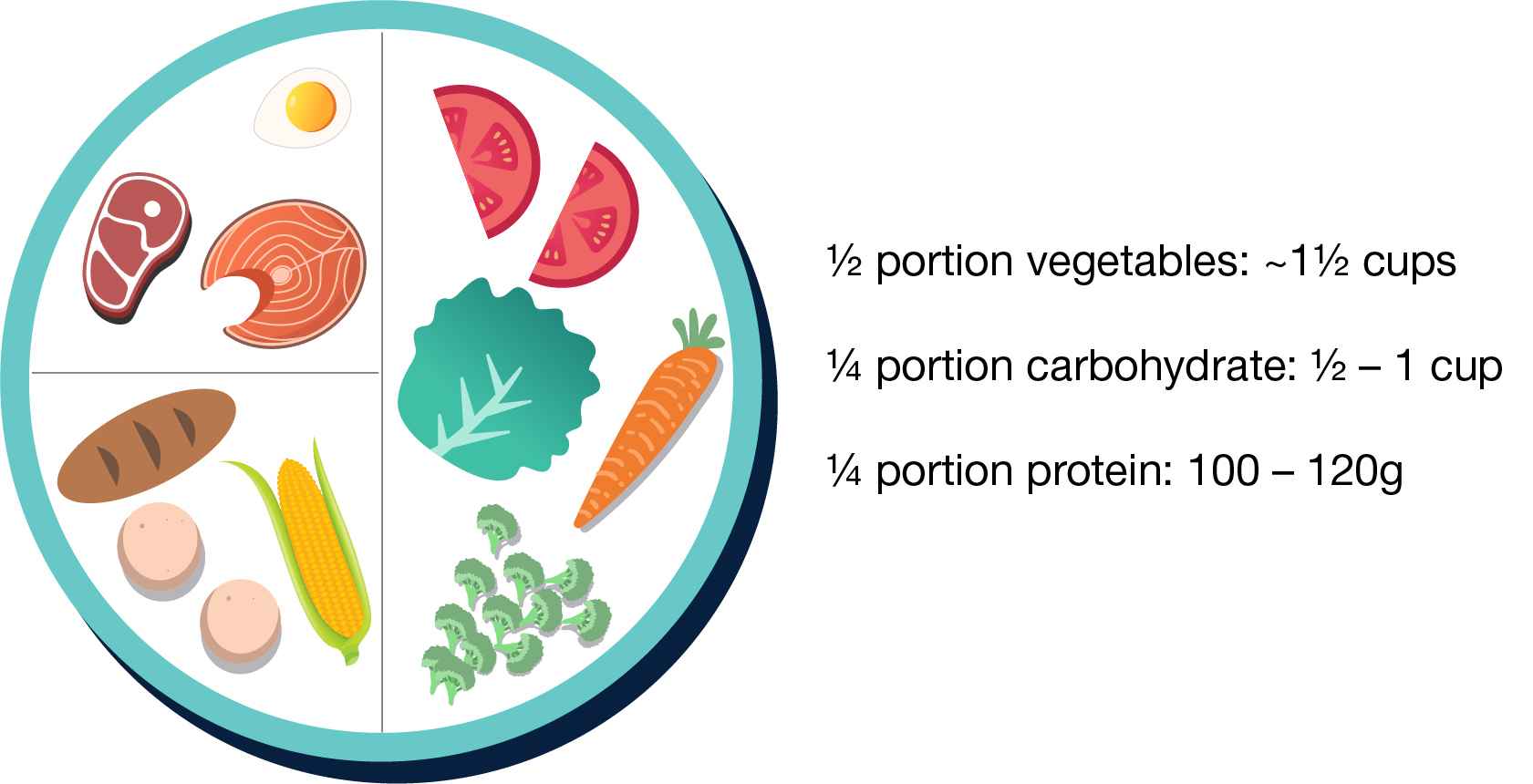Fasting Tips For Diabetic Patients
By Mia Evelyn
13 March 2023
Fasting can be a great way to improve your health if you are a diabetic patient. For those who are managing diabetes, fasting can help with weight loss, blood sugar control, and overall health. Here are some tips to help you safely fast while managing diabetes.


1. Speak to Your Doctor
Before beginning a fast, it is important to consult with your doctor or healthcare provider to ensure it is safe for you to do so, especially for pregnant women or someone with a serious illness. Your doctor can also monitor your health during fasting and provide guidance to ensure you are staying healthy and safe. Additionally, your doctor may be able to recommend medications or supplements to help you manage your diabetes during fasting.

2. Monitor Blood Glucose Levels
During your fast, it is important to continue to monitor your blood glucose levels regularly, especially if you are taking insulin or other medications. This is to ensure that your blood sugar remains within a healthy range.

3. Eat Regularly
When it comes to breaking your fast, it is important to introduce food into your diet slowly and to focus on nutrient-dense whole foods. It helps avoid cravings. Starting with a balanced breakfast is the best way to set the tone for the rest of the day. A nutritious breakfast should include complex carbohydrates, lean protein, and healthy fats. Try to avoid the worst breakfasts. Complex carbohydrates provide energy and help to keep your blood sugar levels stable.

4. Eat Balanced Meals
When eating regular meals and snacks, it is important to make sure they are balanced with carbohydrates, protein, and fat. Eating balanced meals and snacks helps to keep your blood sugar stable, so you can have sustained energy throughout the day.
Eating regularly will also help you to stay energized and focused, so you can stay productive. Lean proteins provide essential amino acids and other nutrients. Healthy fats provide essential fatty acids that are important for the body. Adding a bit of fruit or some vegetables to your meal will also help to provide essential vitamins and minerals. Also, don't go for foods that keep you awake at night.

5. Stay Hydrated
Hydration is key to a successful fast. Staying hydrated is essential for your overall health, especially during a fast. It is important to drink plenty of water throughout the day to prevent dehydration. When it is time to break the fast, you should also make sure to drink plenty of fluids. Drinking water can help restore electrolytes and replenish the fluids that were lost during the fast. Additionally, it will make it easier for your body to absorb the nutrients from the food you are consuming. So make sure to stay hydrated throughout your fast and when you break it as well.

6. Exercise
Exercising is an important part of managing your diabetes. Not only does it help to keep your blood sugar levels within a healthy range, but it can also help you to maintain a healthy weight and reduce your risk of developing cardiovascular diseases. Even if you are feeling unwell, there are still ways to get active; light exercises such as walking or gentle yoga can help to keep your blood sugar levels in check. Incorporating physical activity into your daily routine can make a big difference to your overall health and well-being.
To-Conclude:
If you have diabetes and you are considering fasting as part of your health plan, it is important to be aware of the risks and to discuss it with your doctor. With careful preparation and monitoring, fasting can be a safe and effective way to manage diabetes. With the right guidance, fasting can be a beneficial part of your health plan that can help you to manage your diabetes, reduce your risk of complications, and improve your overall health.
You Might Also Want To Read This
Popular Posts








